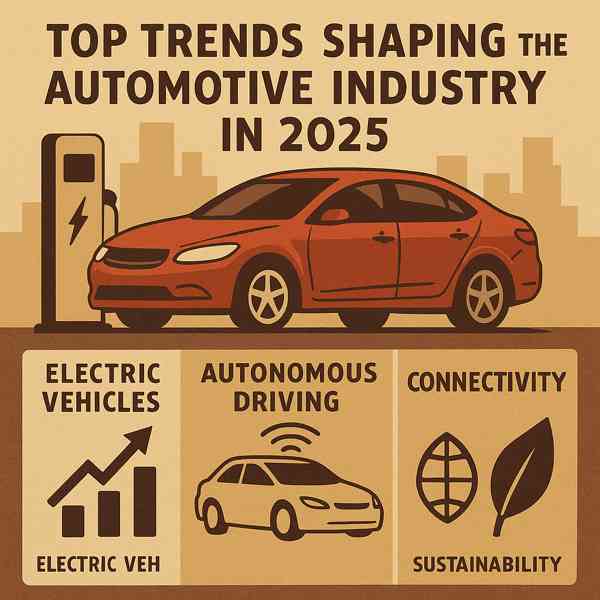How to Make the Switch to an Electric Car
How to Make the Switch to an Electric Car
Blog Article

With zero emissions and cutting-edge technology, EVs are quickly becoming a top alternative for personal and commercial travel.
As battery technology improves and infrastructure expands, owning an electric vehicle has never been more accessible.
The Basics of Electric Vehicles
Unlike gasoline-powered cars, EVs produce no exhaust pollution.
What powers EVs:
- Electric motor
- Stores the electrical energy
- Manages energy flow from battery to motor
- Allows the vehicle to recharge from external sources
Electric vehicles come in various types, such as plug-in hybrids (PHEVs)—each with different levels of electrification.
Why Choose an EV?
Whether you're looking to save money or reduce emissions, EVs offer a compelling option.
What makes EVs attractive:
- Reduced maintenance needs
- No tailpipe emissions
- Less noise and vibration
- Government incentives and tax credits
For eco-conscious and cost-aware drivers, electric vehicles are an increasingly smart choice.
What to Know Before Buying an EV
Understanding the limitations visit of electric vehicles will help you make an informed decision.
Potential drawbacks to keep in mind:
- Shorter range compared to gas vehicles
- Not all areas have adequate public chargers
- More expensive upfront than comparable gas models
- Replacement can be costly without warranty
As technology advances and infrastructure improves, many of these challenges are becoming more acceptable.
Types of Electric Vehicles
Choosing the right type depends on your needs, driving habits, and budget.
EV formats explained:
- Battery Electric Vehicles (BEVs)
- Electric motor with backup gasoline engine
- Hybrid Electric Vehicles (HEVs)
- Use hydrogen to generate electricity
Each type has its pros and cons, so buyers should choose accordingly.
EV Charging and Infrastructure
There are multiple charging levels and methods depending on your daily usage.
How EVs get recharged:
- Slow but accessible anywhere
- Faster and ideal for daily use
- Can charge 80% in under an hour
- Still in development or premium models
As public charging networks expand, EV owners will enjoy even more freedom, flexibility, and convenience.
What’s Next for EVs?
As governments push for cleaner energy and manufacturers invest in innovation, the future of EVs looks revolutionary.
Next-generation EV developments:
- Longer range and safer performance
- Turning cars into energy assets
- Combining EV tech with self-driving systems
- More choices at lower prices
As innovation continues, EVs will become more mainstream and essential.
Final Thoughts on Electric Vehicles
Electric vehicles represent a major shift in how we think about mobility.
The future is electric—are you ready to plug in?
Report this page